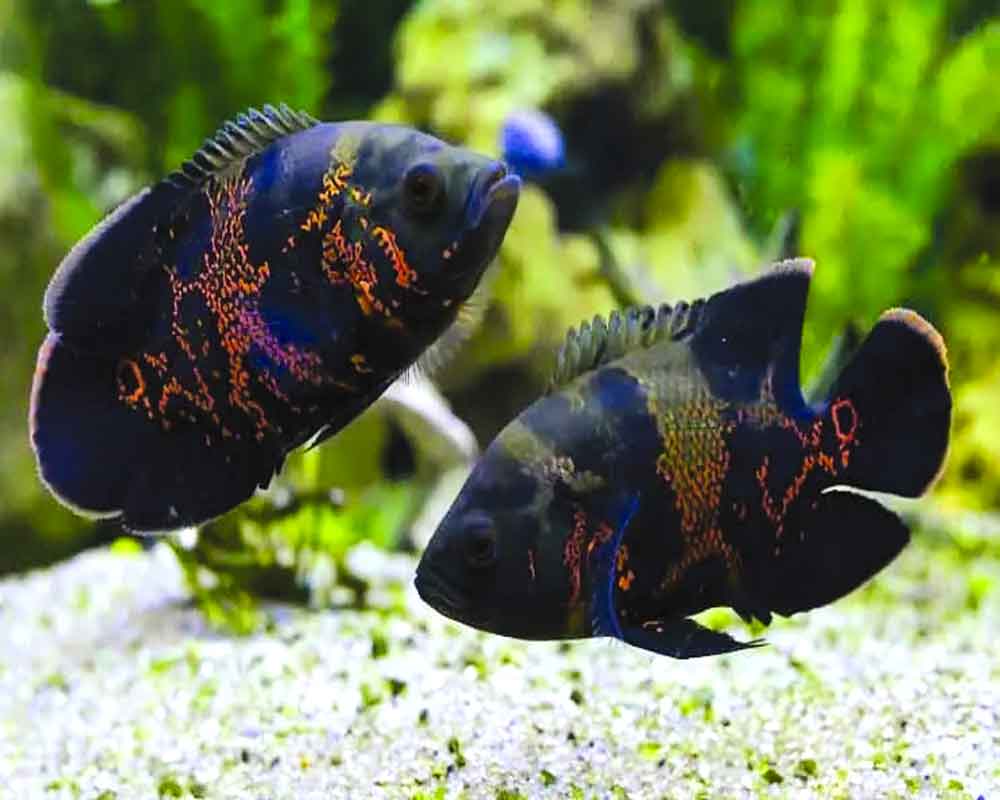Dr Amol Hivrale discusses the benefits of organic aquaculture
Fish is nature’s superfood and plays an important role in human nutrition. It is a source of proteins and healthy fats and also provides a unique source of essential nutrients, including omega-3 fatty acids, lipids, carbohydrates, iodine, vitamin D, and calcium.
India is a potential habitat for successful aquaculture with its rich natural resources. Based on the geographical availability of water resources and habitats here, aquaculture farming is broadly divided as inland or freshwater fishing, and marine or coastal aquaculture. In India, the inland sector is a major contributor to aquaculture.
As one of the rapidly growing food sectors, aquaculture or fish farming majorly contributes to meet the daily nutritional and food demands and maintains a healthy livelihood. However, the current practices in fish farming involve the use of chemicals, hormones, antibiotics and artificial feed which leads to environmental degradation, pollution, and cause a negative impact on human health. Thus, it is necessary to maintain safety, quality and quantity of aqua food to meet the increasing food demand.
Antibiotics such as terramycin, furazolidone, aureomycin, along with pigments, are commonly added to the conventional artificial feed. Nonetheless, one of the major concerns of the addition of these artificial chemicals to the fish farms is the development of antibiotic resistance against bacterial pathogens within the fish species and the possibility of transmittance of this resistance to humans after consuming them. Therapeutic agents like formalin, malachite green, dipterex and copper sulphate are being used as a treatment for diseases.
Various nutritional constituents are considered crucial for optimum reproduction, health and growth of fish species and are grouped into micronutrients (mineral and vitamins) and macronutrients (protein, lipid and carbohydrate). Proteins are helpful in fish diets, required in adequate amounts for holistic growth of the fish. Lipids essentially serve as fatty acid sources and play vital roles as transporters of soluble fats. Vitamins are required in minimal amounts for the normal growth and maintenance of cells and organs. Minerals are often referred to as ultra-trace elements and are required for proper metabolism in fishes.
Sometimes, feed additives (probiotics, antioxidants and immune-stimulants) are added during feed preparations to enhance efficiency, quality of feed and fish health. Feed additives provide better alternatives to antibiotics. Probiotics are live microorganisms supplemented in feed that are capable of enhancing the immune system and improving the intestinal microbial balance in fish. On the other hand, probiotics are used to trigger activity or growth of certain beneficial bacterial species in the gut that enhances host health.
The adverse impact of conventional fish farming methods on human health, aquatic pollution, destruction of fish habitats and environment has led to the strengthening the demand for organic aquaculture/fish farming products and methodologies.
Organic aquaculture essentially deploys production management systems. These promote environmental and ecologically sound practices, maintenance of ecosystems, soil, biological activities and biocycles by preventing harmful practices.
Organic practices also augment soil fertility, better quality of yield and eco-friendly products. The use of organic products in aquaculture ensures that we produce healthy, disease-free fish. Organic products also help in benefiting the ecosystem, soil fertility and biological activities to improve the quality of yield and provide better quality food.
Undoubtedly, the future of aquaculture lies in the innovative, organic and sustainable fish farming, nutrient-rich and clean feed for the fishes, clean and oxygen-rich ponds, fair profits to the aquaculturists and healthy fish food to the consumers.
(The author has a PhD in Biotechnology, and is the senior manager of Biofit Aquaculture’s R&D wing.)


























